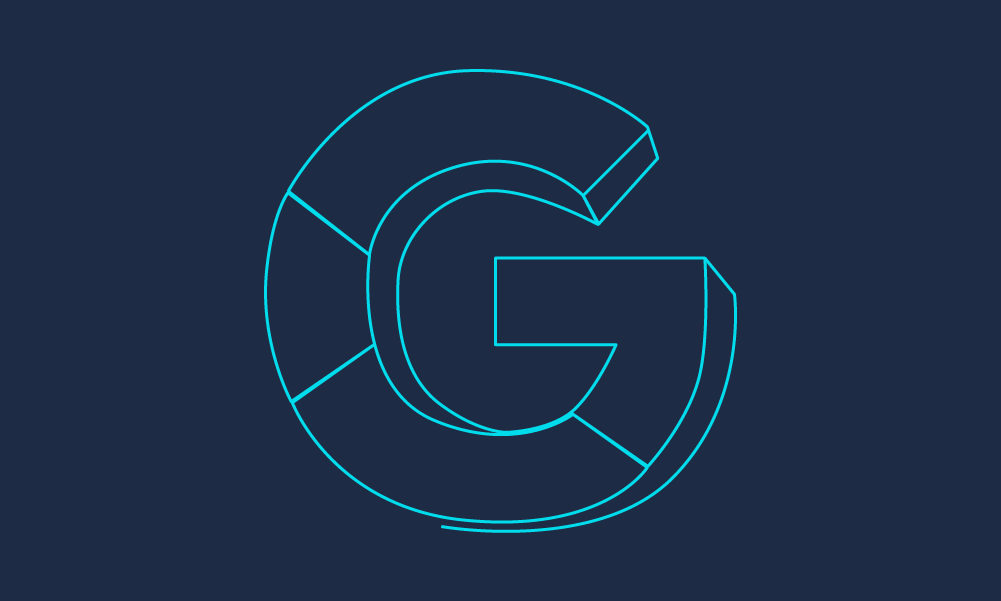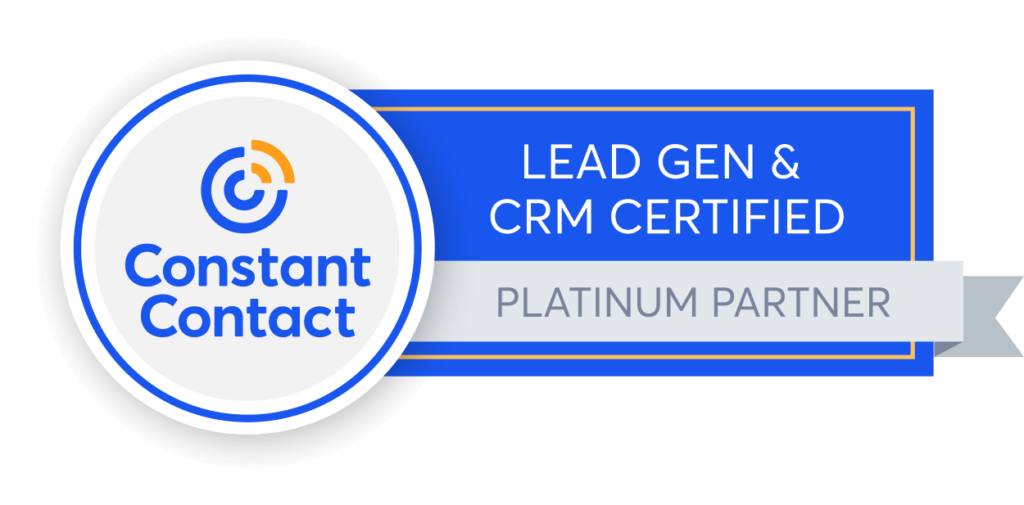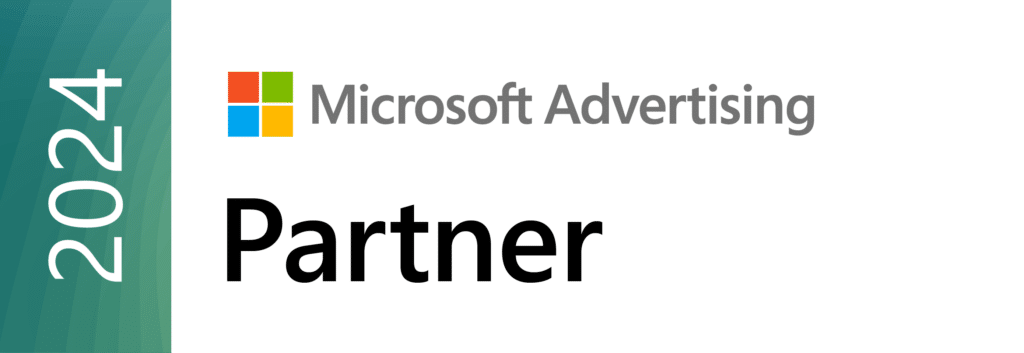Subheading
The past few days have been busy ones for #serps, with digital marketers and search experts reviewing what is arguably the biggest change to Search Engine Result Pages (SERPs) in years.
On this page:

First, just in case you’ve been too busy to get into the details, a quick summary of the changes:
- Up to 4 ads will now display at the top of Google search result pages
- No more text ads on the right-hand column (note that other ad types are unaffected, for example product listings)
- Up to 3 ads will now be displayed at the bottom of pages
- The changes only affect desktop and tablet, mobile remains unaffected (for now)
So how these SERPs changes impact your paid ad campaigns?
The truth is no one knows for certain yet (except Google, who most certainly tested these changes to ensure commercial advantage).
A few things we do know:
For organisations bidding on highly competitive keywords, CPC (cost per click) is bound to go up.
That said, one of the reasons Google rolled this out was poor click through rates on right-hand text ads, so it’s likely if your ads were displaying over there, your campaign probably wasn’t optimal anyway.
But if you were previously happy to coast along on the right hand side with fewer click throughs but reasonable conversion, it is now imperative that you review and refine your paid search strategy, and quickly—just because it worked last week doesn’t mean it’s been working this week.
Another impact is that the changes might mean organic results for your keywords are pushed further down with a fourth paid ad appearing above any organic results.
That said, according to a Google spokesperson quoted in The SEM Post, this will only affect a small number of “highly commercial queries”. So for B2B companies with extended and complex sales cycles, this may have very little real impact—if only in the very short term.
So while the critical points for success will remain the same (high quality content, positive user experience, a focus on quality scores, and close monitoring of conversion rates), marketers ignore the changes at their own peril.
If there was ever a time to analyse and improve your paid search strategy, now is it.
Finally, keep an eye on more changes to come as something will no doubt replace the right-hand text only ads.
On this page:
Subscribe
Everything B2B Marketers Should Know about LinkedIn Content Creators
How you can transform your C-suite and employees into LinkedIn Content Creators—and why it’s a good idea.
GEO Best Practice: Authority and Answers
Learn how to build authority and craft AI-ready answers with GEO (Generative Engine Optimization) — a must-know for B2B marketers.
Preparing for AIOs and Agentic Search: Top Tips for B2B Marketers
AI is changing the world fast and SEO is no exception. Here’s how to start preparing for AIOs and agentic search now.






